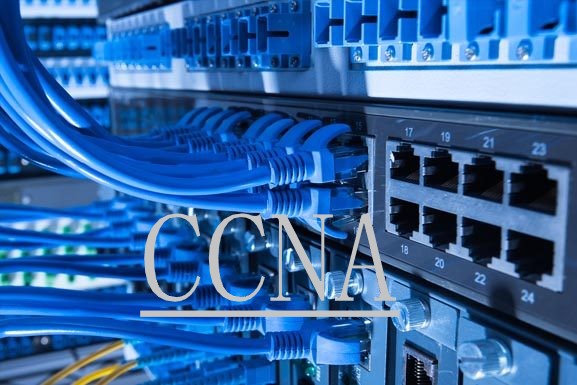
Introduction:
The Cisco Certified Network Associate (CCNA) exam is a pivotal milestone for individuals aspiring to validate their networking skills and embark on a rewarding career in IT. In this blog post, we'll delve into the details of the CCNA exam, providing a roadmap to help candidates prepare effectively, understand the exam structure, and navigate the path to certification success.
Understanding the CCNA Exam:
The CCNA exam, officially known as CCNA 200-301, is a comprehensive test that covers a wide range of networking topics. It's designed to assess candidates' knowledge and practical skills in areas such as networking fundamentals, routing and switching, security, wireless networking, and network automation.
Exam Structure:
The CCNA exam underwent a significant overhaul with the introduction of CCNA 200-301. The new exam is a single, all-encompassing test that covers a diverse set of topics. Here's an overview of the key domains:
Network Fundamentals (20%):
- Covers networking concepts, models, and the OSI/TCP/IP protocols.
Network Access (20%):
- Focuses on topics like Ethernet, VLANs, and wireless networks.
IP Connectivity (25%):
- Explores routing concepts, OSPF, and inter-VLAN routing.
IP Services (10%):
- Addresses topics related to network services such as DHCP and NAT.
Security Fundamentals (15%):
- Covers basic security concepts and best practices.
Automation and Programmability (10%):
- Introduces network automation tools and programmability concepts.
Preparation Strategies:
Official Study Materials:
- Utilize Cisco's official study materials, including the CCNA exam blueprint, study guides, and practice exams available on the Cisco website.
Online Courses:
- Enroll in reputable online courses that cover the CCNA exam objectives. Many platforms offer video lectures, hands-on labs, and practice exams to reinforce learning.
Hands-on Practice:
- Set up a home lab or use virtual lab environments to gain hands-on experience with Cisco devices. Practical knowledge is crucial for success in the CCNA exam.
Practice Exams:
- Take practice exams regularly to assess your readiness and identify areas for improvement. Cisco provides official practice exams, and there are third-party resources available as well.
Study Groups and Forums:
- Join study groups or online forums where candidates discuss exam topics, share insights, and seek help. Engaging with a community can enhance your understanding of complex concepts.
Exam Day Tips:
Arrive Early:
- Ensure you arrive at the testing center well before the scheduled exam time.
Review Exam Objectives:
- Take a few minutes to review the exam objectives and ensure you are familiar with the topics.
Manage Your Time:
- The CCNA exam is time-sensitive. Allocate your time wisely across different sections and questions.
Stay Calm:
- Maintain composure, and if you encounter challenging questions, move on and revisit them later.
Read Questions Carefully:
- Pay close attention to the wording of questions. Cisco exams often include scenarios, so understand the context before selecting an answer.
Conclusion:
Achieving CCNA certification is a significant accomplishment that opens doors to exciting career opportunities in networking. By understanding the exam structure, adopting effective preparation strategies, and staying focused on exam day, candidates can navigate the CCNA exam successfully and showcase their expertise in the world of networking.
